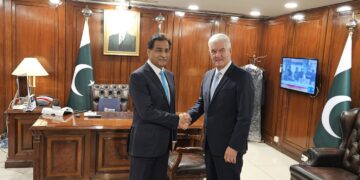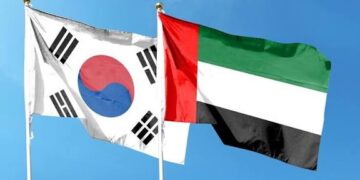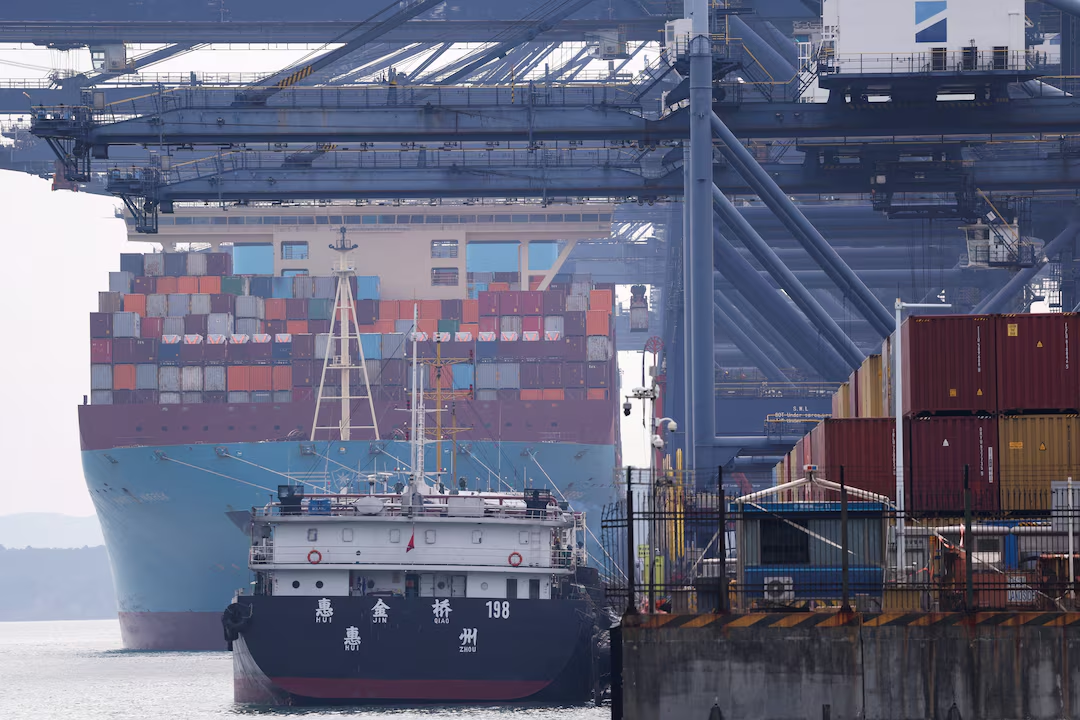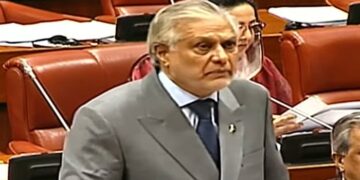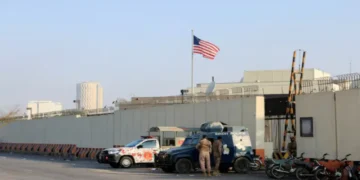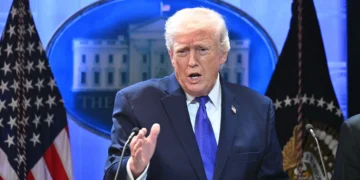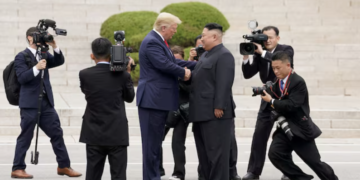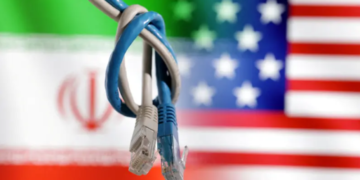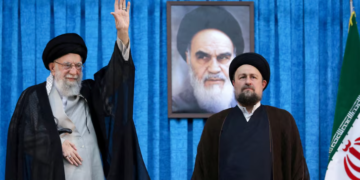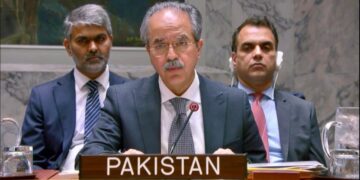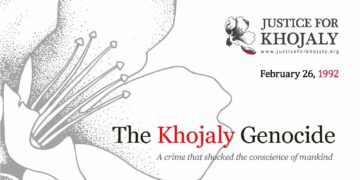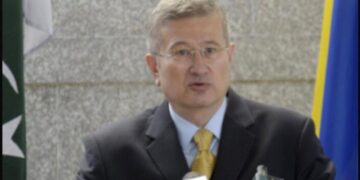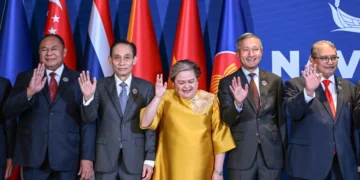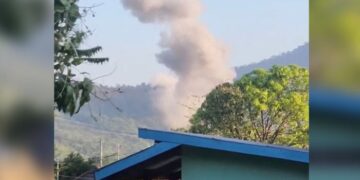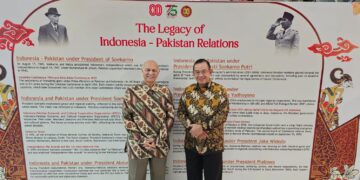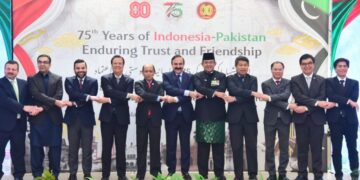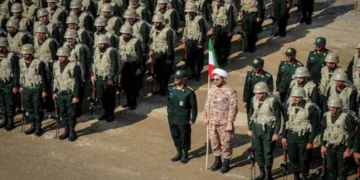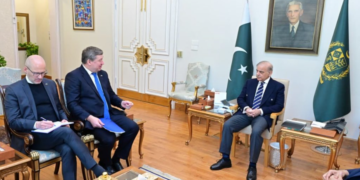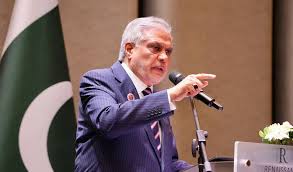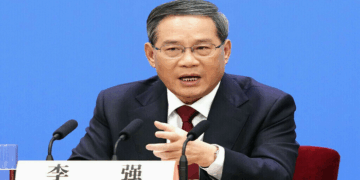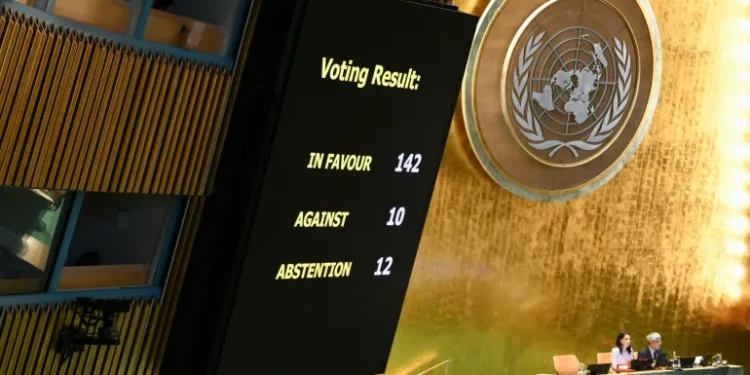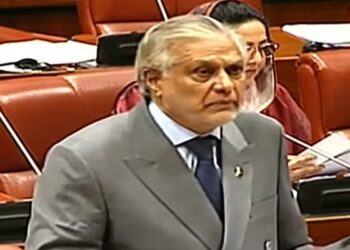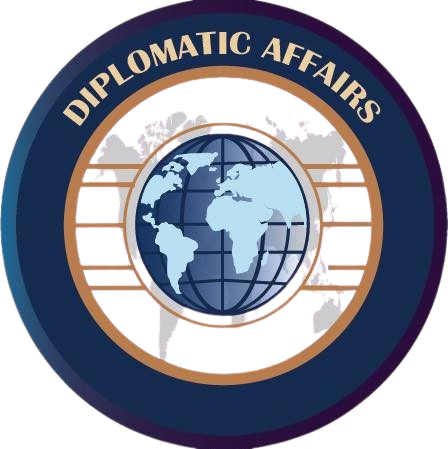NEW YORK; The United Nations General Assembly (UNGA) on Friday voted in favor of a landmark resolution known as the “New York Declaration,” which aims to revive momentum for a two-state solution between Israel and Palestine, explicitly excluding Hamas from any future political role in Gaza.
The declaration was overwhelmingly adopted with 142 votes in favor, 10 against, including Israel and its close ally, the United States, and 12 abstentions. The resolution strongly condemns Hamas, demanding that it release all hostages and surrender its weapons, while also underscoring the urgency of ending the war in Gaza through collective international action.
Formally titled the “New York Declaration on the Peaceful Settlement of the Question of Palestine and the Implementation of the Two-State Solution,” the text leaves little ambiguity. It directly rebukes Hamas for the October 7, 2023 attacks, stating that the UN General Assembly “condemns the attacks committed by Hamas against civilians” and insists on the group’s complete disarmament.
The resolution also calls for Hamas to relinquish its control in Gaza, handing over governance and security responsibilities to the Palestinian Authority, with international oversight and assistance.
This initiative, tabled jointly by France and Saudi Arabia, builds on a July 2024 endorsement from the Arab League and 17 other UN member states, including several Arab countries.
By pushing for Hamas’s removal from the equation, the declaration sets the stage for what its backers believe could be a realistic step toward the establishment of a sovereign, independent Palestinian state.
The timing of the resolution is significant. It precedes an upcoming UN summit scheduled for September 22 in New York, co-chaired by Riyadh and Paris, where French President Emmanuel Macron has pledged to formally recognize the Palestinian state.
Other world leaders are also expected to make similar announcements during the gathering, in what observers see as an attempt to increase international pressure on Israel to halt its military campaign in Gaza.
Richard Gowan, UN director at the International Crisis Group, described the move as “significant,” noting that it provides states supporting Palestine with a way to counter Israeli accusations that they tacitly condone Hamas. “This resolution acts as a shield against Israeli criticism,” he told AFP, even if many Israelis argue that such action comes “too little, too late.”
Beyond political recognition, the declaration also suggests the deployment of a temporary international stabilization mission in Gaza, under a UN Security Council mandate. The proposed mission would assist in supporting the battered civilian population and help transfer security responsibilities to the Palestinian Authority, creating conditions for longer-term governance.
The debate around Palestinian statehood remains contentious. Currently, nearly three-quarters of the UN’s 193 member states recognize the Palestinian state, first proclaimed by the Palestine Liberation Organization in 1988.
However, ongoing hostilities in Gaza, Israel’s continued expansion of settlements in the West Bank, and statements by Israeli officials openly rejecting a two-state solution have cast doubt on the viability of Palestinian sovereignty.
Israel’s military offensive in Gaza, launched after the October 7 attacks, has killed at least 64,656 Palestinians, most of them civilians, according to international monitors. Human rights organizations such as Amnesty International and Human Rights Watch have labeled Israel’s campaign as genocidal, a charge strongly rejected by Tel Aviv.
Israeli Prime Minister Benjamin Netanyahu doubled down on his opposition this week, vowing that “there will be no Palestinian state.” On the Palestinian side, President Mahmoud Abbas faces his own challenges, with US authorities signaling they may deny him a visa to attend the upcoming UN summit in New York.
The adoption of the New York Declaration marks one of the most decisive steps by the UNGA in years regarding the Israeli-Palestinian conflict. Whether it can translate into tangible progress, however, will depend on the willingness of key players to act on its principles and confront the deep divisions that continue to block peace.




